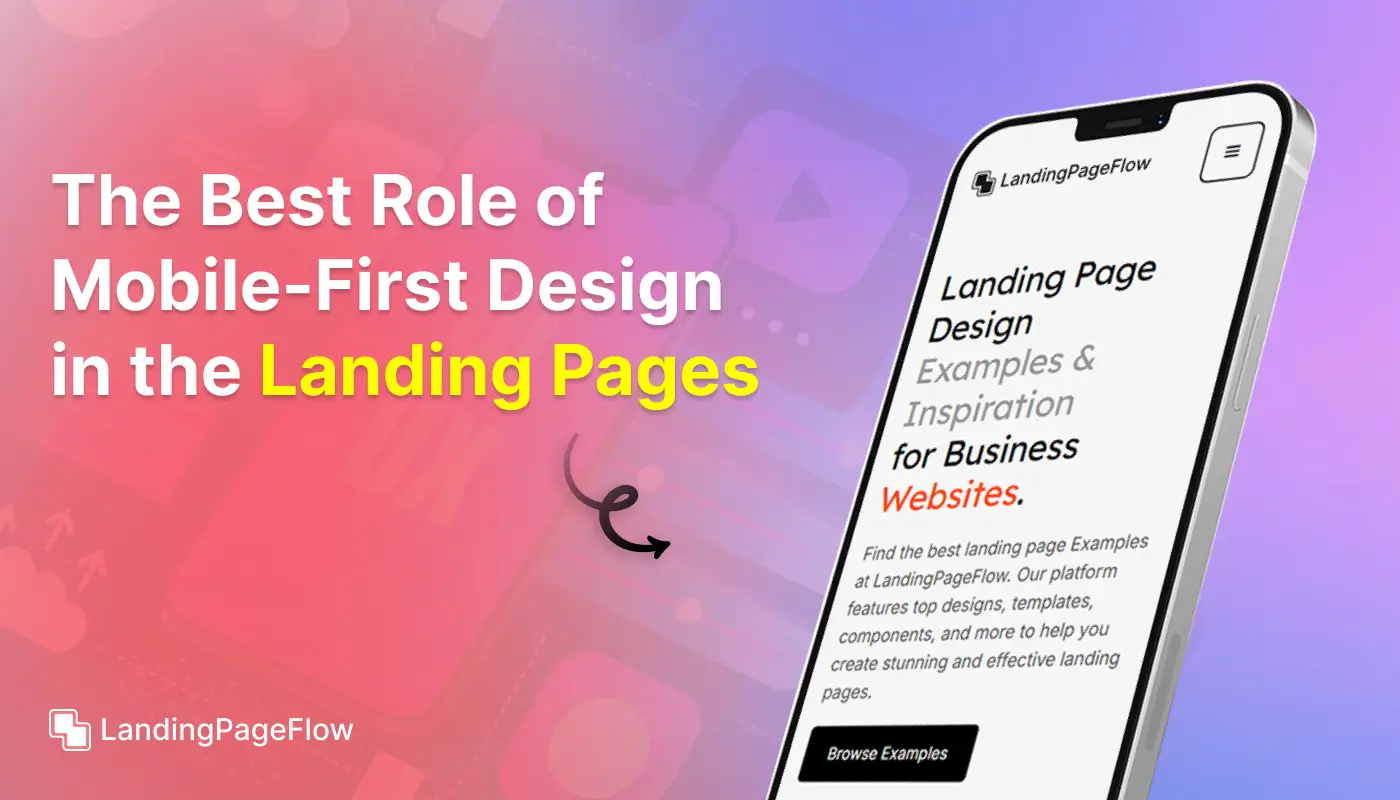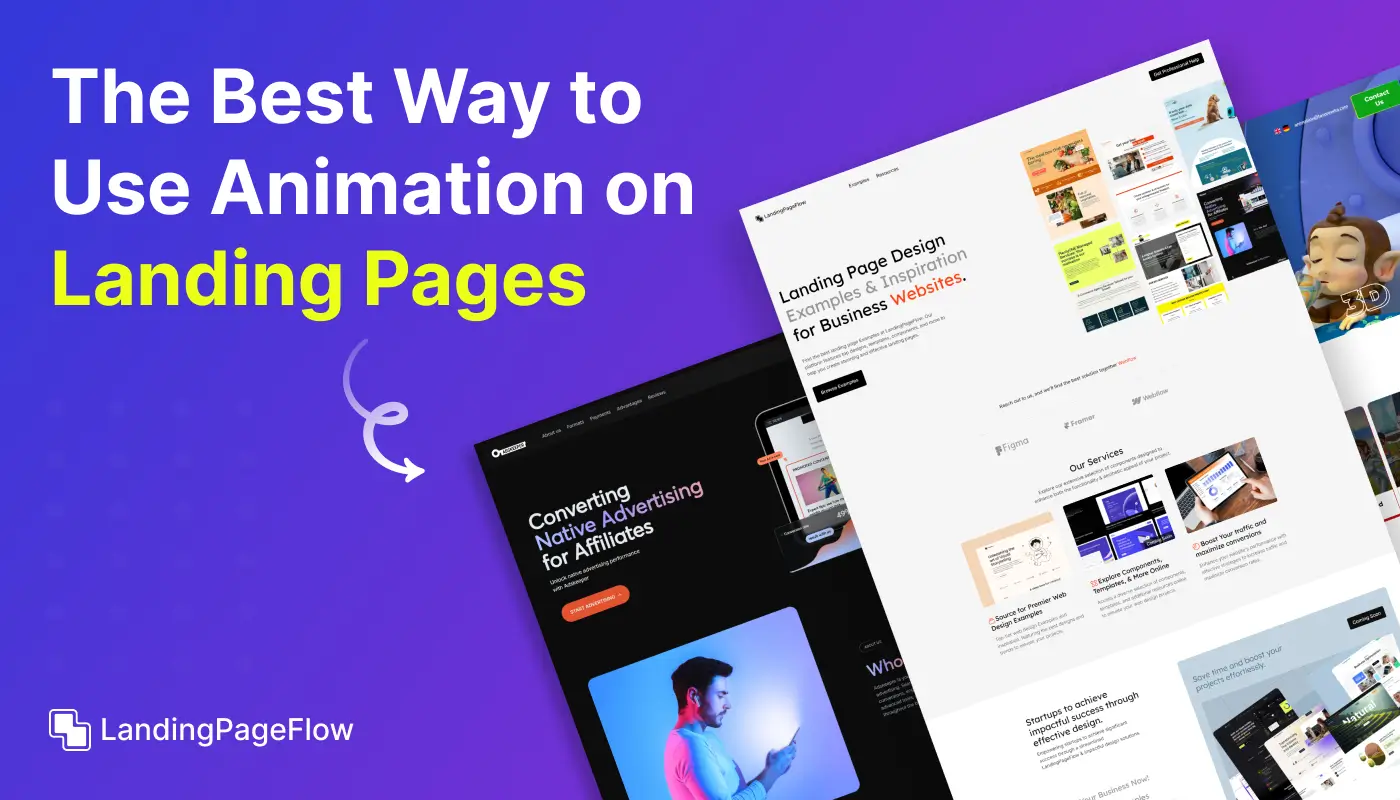How Landing Pages Can Boost Your SEO and Drive More Traffic

February 3, 2026
Landing pages are critical tools for improving search visibility across search engines. High-quality content on these pages helps match user intent and answer queries effectively.
Optimized headlines, meta tags, and descriptive content improve crawlability and ranking. Fast-loading pages encourage longer visits, reducing bounce rates and signaling relevance.
Internal linking from landing pages guides visitors deeper into your website ecosystem. Clear calls-to-action ensure traffic translates into leads or conversions seamlessly.
Consistent updates and relevant content help search engines prioritize pages over competitors. By combining design, content, and technical SEO, landing pages attract more traffic and generate tangible business results.
"Seeking better rankings and leads?
Get your free guide to SEO-optimized pages."
Table of Contents
- What is a Landing Page?
- The Relationship Between Landing Pages and SEO
- Key SEO Benefits of Landing Pages
- How to Optimize Landing Pages For SEO
- Creating Relevant, Engaging Content For SEO
- The Role of Keywords in Landing Pages
- Maximizing Mobile Responsiveness
- A/B Testing For SEO Performance
- Linking Strategies For SEO-Optimized Landing Pages
1. What is a Landing Page?

A landing page is a dedicated web page that focuses on a single objective—typically conversion-driven, such as capturing leads, generating sales, or promoting a service.
Unlike your homepage, a landing page is designed for a specific audience, with content and visuals tailored to achieve a particular goal.
It’s a pivotal tool in marketing campaigns and can have a tremendous impact on your SEO strategy.
2. The Relationship Between Landing Pages and SEO

While the primary purpose of a landing page is often conversion, it can also play a crucial role in improving your site’s SEO.
When properly optimized, landing pages can rank well in search engines and attract organic traffic, complementing paid search or email marketing campaigns.
Well-crafted landing pages can help search engines understand the value of your content, which, in turn, increases the likelihood of appearing in search engine results.
3. Key SEO Benefits of Landing Pages

Landing pages can deliver the following SEO benefits:
- Improved Rankings: By targeting specific keywords, landing pages can help improve rankings for particular search terms, driving more organic traffic.
- Better User Experience: SEO and user experience go hand-in-hand. A well-designed landing page provides users with relevant, valuable content, which encourages engagement and lowers bounce rates—both factors that impact SEO.
- Targeted Traffic: Landing pages allow you to attract a more relevant audience by focusing on specific search queries or user needs, which improves your chances of ranking higher.
- Increased Dwell Time: When a landing page answers a visitor's query effectively, they are more likely to stay on your page longer, signaling to search engines that your content is valuable.
4. How to Optimize Landing Pages For SEO?

To optimize your landing page for SEO, you need to consider both on-page and technical SEO elements.
Here's how to do it:
- Meta Tags: Include relevant meta titles and descriptions that accurately describe your landing page content and encourage click-throughs.
- URLs: Use short, keyword-optimized URLs that are easy to read and describe the content of the page.
- Headings: Properly structure your page using H1, H2, and H3 tags. Your main keyword should appear in the H1 tag, which represents the primary heading.
- Alt Text for Images: Optimize images with descriptive alt text that includes target keywords, helping search engines index your page better.
5. Creating Relevant, Engaging Content For SEO

Content is the backbone of any successful landing page. When it comes to SEO, creating engaging, high-quality content that addresses users’ needs is crucial.
Here’s how to ensure your content is optimized for search engines:
- Answer User Intent: Understand what your audience is searching for and create content that addresses their questions or pain points.
- Use Clear, Concise Language: Avoid overloading your page with jargon. Aim for clarity and brevity, ensuring that the message is easily digestible.
- Provide Value: Offer actionable insights, tips, or solutions that make users want to engage with your page.
6. The Role of Keywords in Landing Pages

Keywords play a significant role in how search engines rank your landing page. Incorporating the right keywords into your content allows search engines to understand the relevance of your page to search queries.
Here's how to use keywords effectively:
- Target Long-Tail Keywords: Focus on long-tail keywords that are more specific and less competitive. For example, instead of “running shoes,” you might target “best running shoes for marathon training.”
- Avoid Keyword Stuffing: Use keywords naturally within the content, headings, and meta tags. Overusing keywords can hurt your SEO rankings.
- Use LSI Keywords: Latent Semantic Indexing (LSI) keywords are semantically related to your main keyword. Incorporating LSI keywords helps improve content relevancy without keyword stuffing.
7. Maximizing Mobile Responsiveness

Google prioritizes mobile-first indexing, meaning it uses the mobile version of your site for ranking purposes. To ensure your landing page ranks well and provides a great user experience, it's essential to:
- Use a Responsive Design: Ensure your landing page adjusts seamlessly across all devices—desktops, tablets, and mobile phones.
- Optimize Loading Times: Slow pages negatively impact SEO and user experience. Compress images, reduce redirects, and use fast hosting to improve load speed.
8. A/B Testing For SEO Performance

A/B testing allows you to test different variations of your landing page to determine what performs best. For SEO optimization, this can involve testing various headlines, CTA placements, or keyword usage. By analyzing which version drives more traffic and conversions, you can continually refine your page for better performance.
- Test Meta Descriptions: Experiment with different meta descriptions to see which ones result in higher click-through rates from search engines.
- Test Headlines: Optimized headlines not only improve SEO but also increase user engagement.
9. Linking Strategies For SEO-Optimized Landing Pages

Internal and external linking strategies can boost your SEO significantly:
- Internal Links: Link your landing page to relevant internal pages to help search engines crawl your site and provide users with additional resources.
- External Links: Linking to high-authority external websites can improve your page's credibility and relevance, which may boost your rankings.
Additionally, earning backlinks from reputable websites to your landing page will further enhance its SEO value.
Conclusion
SEO-focused landing pages increase visibility for targeted keywords and topics. Engaging content encourages users to stay longer and interact with your offerings.
Optimized structure improves search engine indexing and boosts rankings over time. Strategically placed links connect visitors to other important sections of your website.
Responsive designs ensure accessibility across all devices, enhancing user experience. Regular analysis and refinement maximize traffic, engagement, and conversion potential.
Investing in landing pages that align with SEO goals drives consistent, long-term growth online.

FAQ
1. How do landing pages affect SEO?
They improve search relevance by targeting specific keywords and providing valuable content.
2. Can landing pages increase organic traffic?
Yes, optimized pages attract search engine visitors and guide them toward conversion.
3. What elements are crucial for SEO landing pages?
Headlines, meta descriptions, alt text, internal links, fast load speed, and mobile responsiveness.
4. How often should I update SEO landing pages?
Regular updates keep content relevant and maintain higher search rankings over time.
5. Are longer landing pages better for SEO?
Detailed content can rank well, but clarity and readability are essential for engagement.
6. Should landing pages link to other parts of my website?
Yes, internal links help users navigate your site and distribute SEO value effectively.























